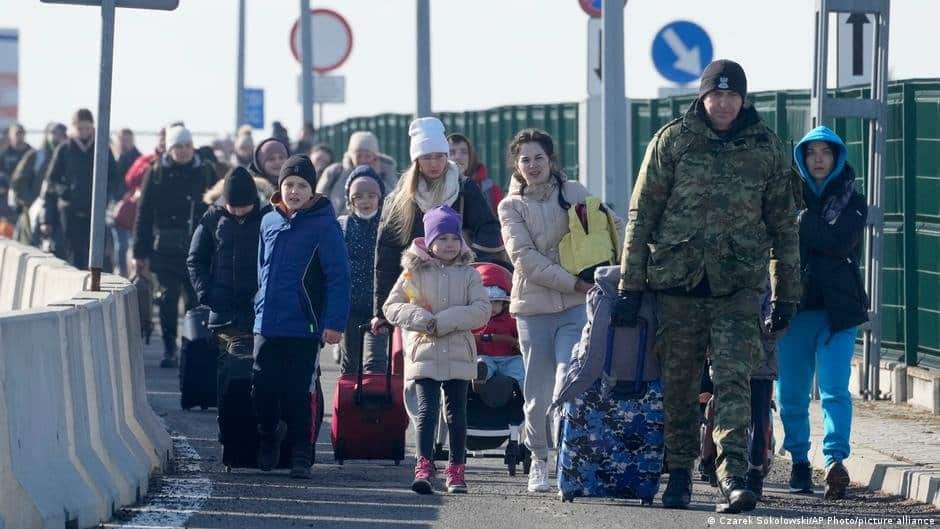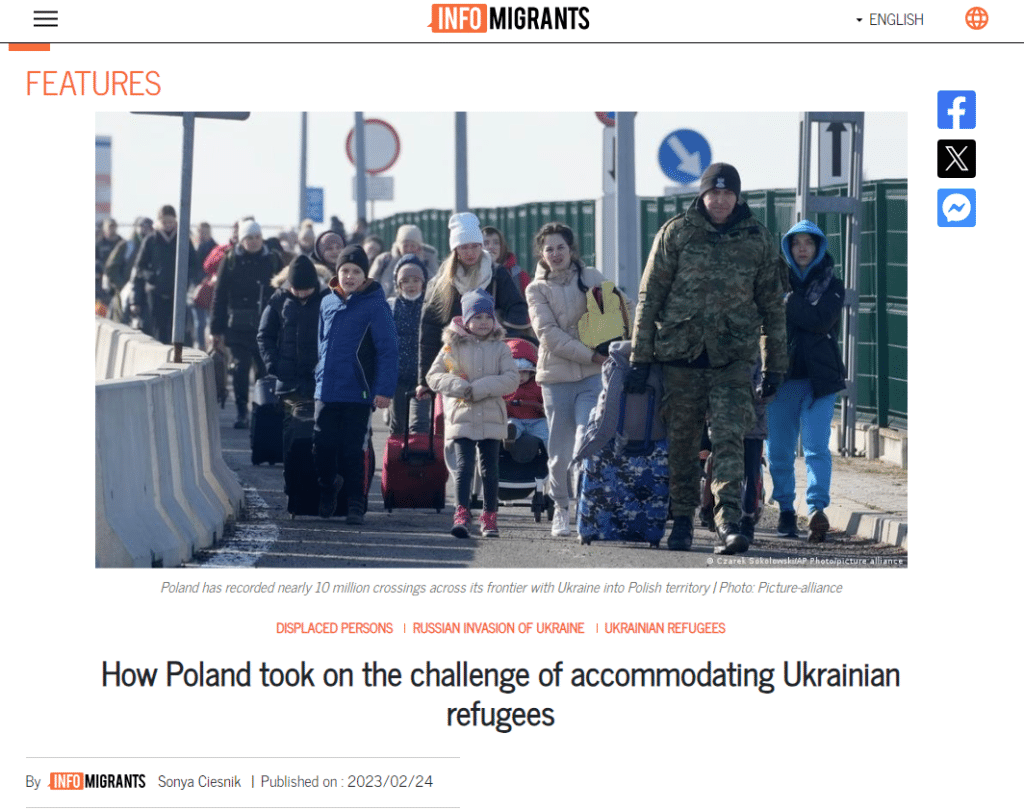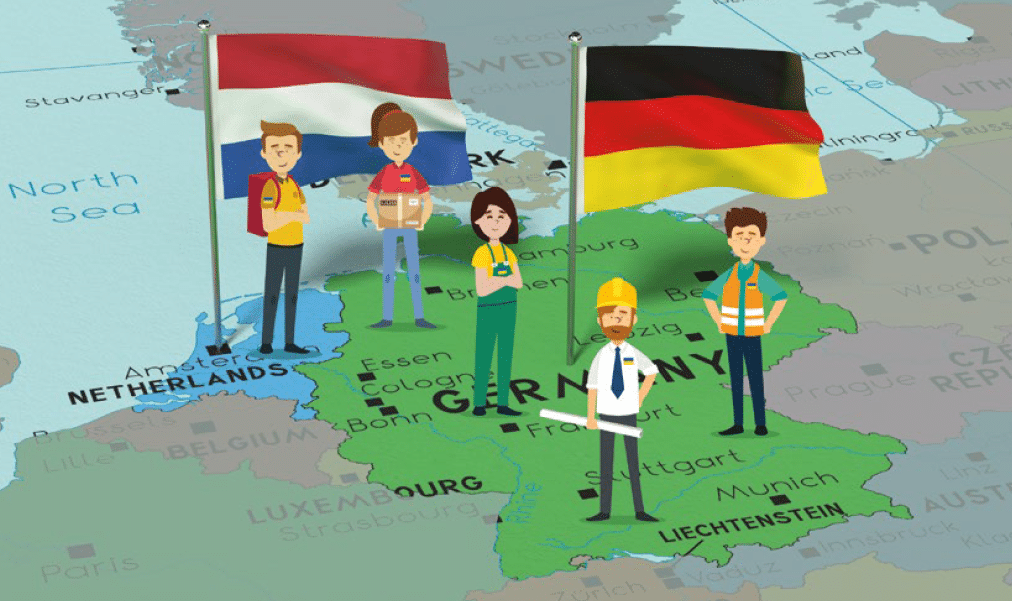
Poland has managed to accommodate two million Ukrainian refugees since the Russian invasion on February 24, 2022. Some politicians and experts in Poland believe the newcomers enrich society and the economy.
One year after the Russian invasion of Ukraine, in an interview about the challenges faced by Warsaw, mayor Rafał Trzaskowski paused to share his thoughts about Ukrainian refugees. More than 1,563,000 have registered in Poland under a Temporary Protection Scheme, hundreds of thousands of whom reside in the capital. (…)
Private citizens stood up to the challenge
In the initial chaotic days of the war, Polish authorities took the natural decision to lift all COVID-19-related restrictions for Ukrainians fleeing the Russian invasion. The liberal approach meant that people without essential documents like vaccine passes or passports could cross the border into Poland. Along with the government, private citizens stood up to the challenge of managing the wave of refugees by driving to the border and bringing families back home with them, hosting them for several weeks or months.
In the first months of the war, it was mostly individual citizens who accommodated the refugees, with the state only offering a small subsidy of around 15 euros a day to hosts, and slightly more to hotels (around 30 euros per day).
According to Andrzej Korkus, Chairman of the EWL Migration Platform Group, the Polish government’s bet to allow Ukrainian refugees to work in Poland has paid off. “More than 60% of the refugees wanted to work right away. It was possible to incorporate them because Poland has a large, flexible labor market and the second-lowest unemployment rate in Europe (after the Czech Republic).”
Poland already opted to issue work permits to Ukrainians as early as 2014, the year Russia seized Crimea and invaded the eastern Donbas regions. “Entrepreneurs already had the experience of supporting labor migrants, which made it easier to adapt to refugees,” said Korkus.
‘The extreme right has been attempting to stir tensions’
One year on, how is Polish support for Ukrainians holding up? “A huge majority of people still support Ukraine and want to help Ukrainians. The extreme right has been attempting to stir tensions, but without much success. Helping Ukrainians is one of the rare issues on which the Law and Justice government, all the other mainstream parties, and a huge part of society are united,” said Pszczolkowska, before adding an important detail. “The Ukrainians who were in Poland more than a year ago have fewer rights, for example to free health care.”
Whether the “honeymoon period” between Ukrainian refugees and their Polish hosts predicted by some analysts will end, remains to be seen. In the meantime, many Ukrainian refugees in Poland and in other host countries are likely to continue working, whether for the host country’s economy, or remotely for Ukrainian or multinational companies, while watching for signs that it is safe to return home. According to Korkus, “only 5% of Ukrainian refugees want to stay indefinitely in Poland.”







